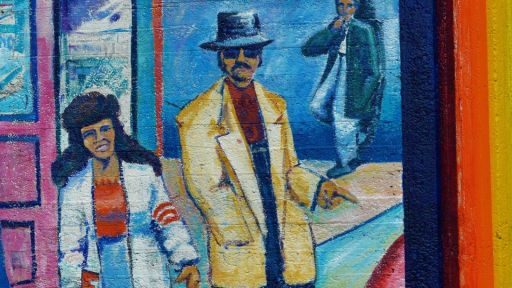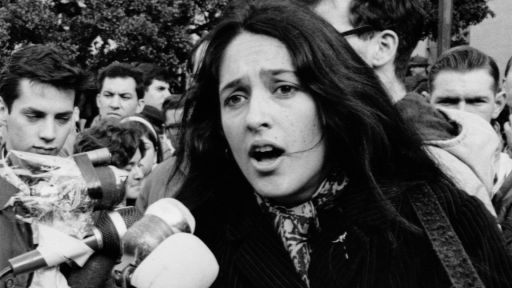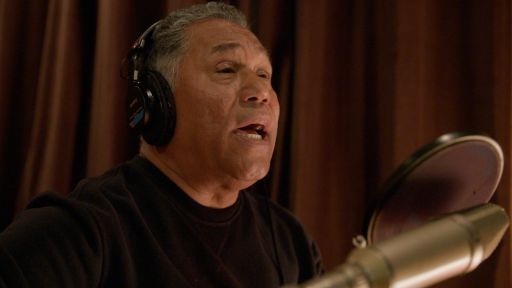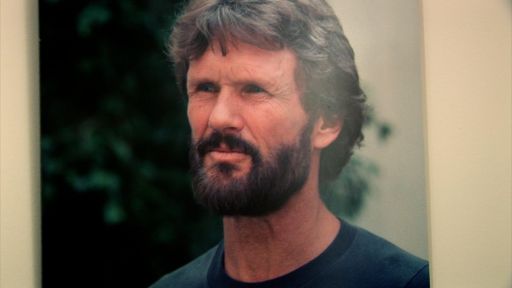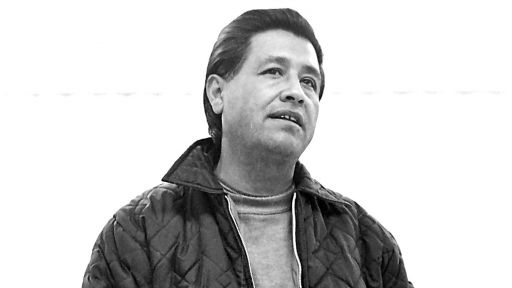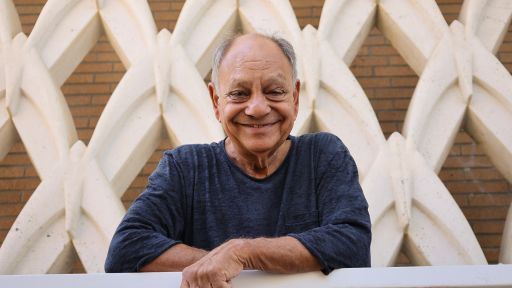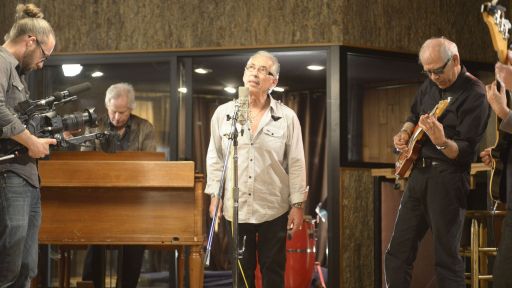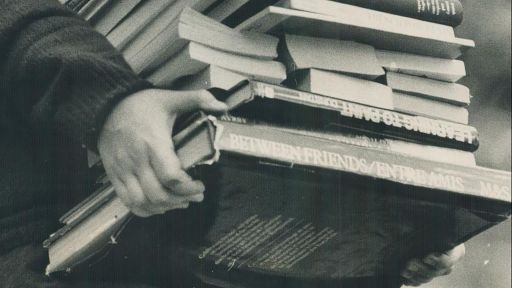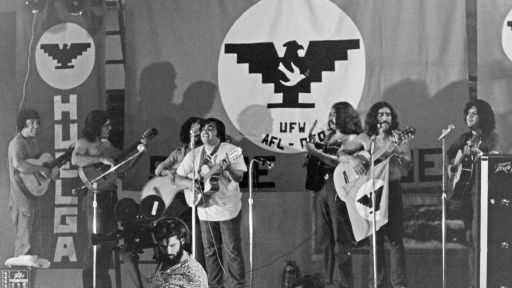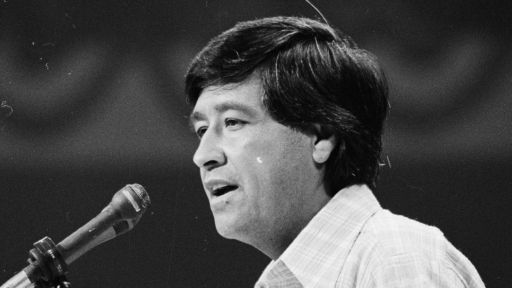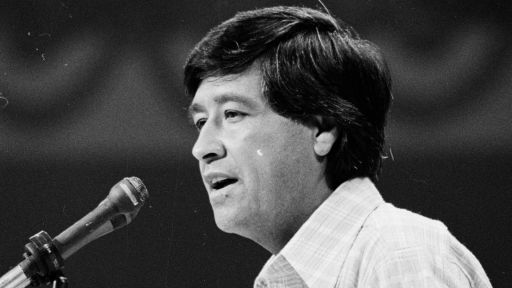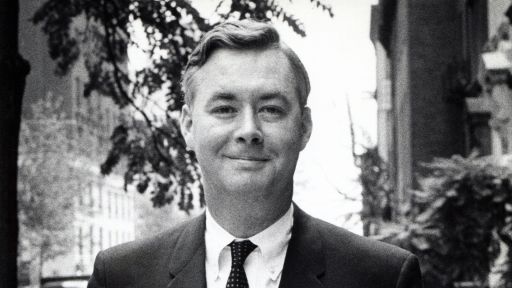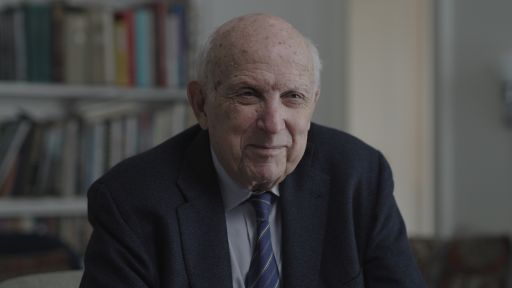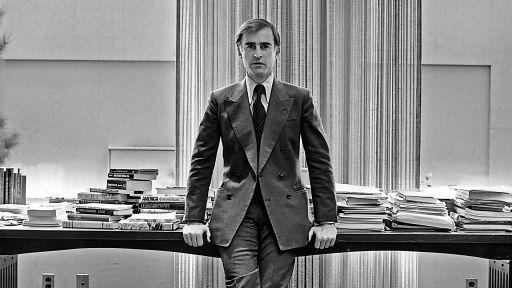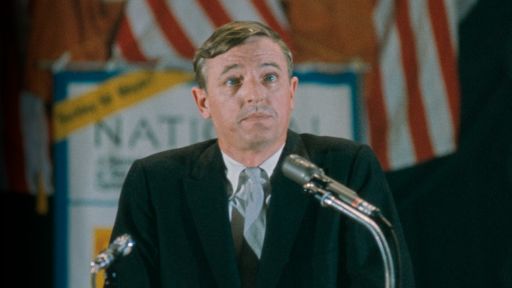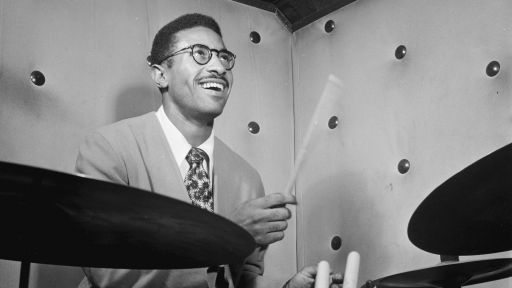TRANSCRIPT
(somber music) (indistinct police radio chatter) - Well, one of the important obstacles that we had to face is that we knew that we were gonna face a lot of violence when the strike first broke out on those picket lines.
You know, having rifles aimed at you, having people come at you with two-by-fours, having to worry about you're gonna be run down by a car or a truck, 'cause they would aim the trucks at you.
So all of the stuff that was going on really made that commitment to nonviolence very, very important.
- When I went to the Delano, I saw the danger right away because on the picket lines, you can't hide it.
And I was really freaked out to see the possibility of being killed by the police, of being hurt by the opposition because it didn't seem like there were any measures there to stop them or to pull them back.
They did whatever they wanted to us.
(traditional Mexican folk music) - When I was with Cesar and we were working, it was so difficult and so frightening and so hot.
But I think the deciding factor in whether you're gonna make real social change or not is risk.
Are you willing to take a risk?
And the farm workers took the risks.
(singing in Spanish) - Joan Baez, as an icon of the American folk movement, as someone who was part of a movement that really inspired the Civil Rights Movement, the Free Speech Movement, by the fact that she was a troubadour utilizing songs to bring about positive change, she really lent a lot of credence to the United Farm Workers Union to other American musicians.
(singing continues) - I've always been the happiest when I was doing activism and music at the same time.
And my foundation was and is nonviolence.
I was not interested in being involved in anything else.
So that was an obvious place for me to be, with Cesar.
(singing continues) (dramatic theme music)

